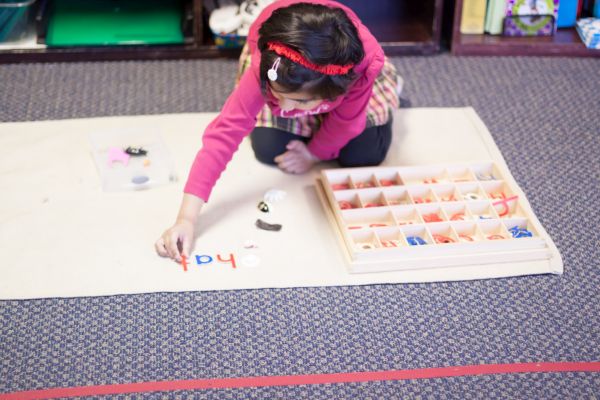
Harried parents often have two equal and competing wishes: That their child would either nap more so they could get stuff done, or not nap at all, so that they can run errands all the day through. But napping is much more than just a blessed pause in a busy day. For infants, toddlers, and even preschoolers, a midday sleep has multiple profound benefits.
Better Behavior
No parent needs to be reminded that a tired child is a cranky child. Anyone who has pushed through a busy morning of shopping, only to find themselves with a screaming, red-faced toddler in full-blown tantrum mode knows how vital it is that children get the sleep they need, including midday naps.
What is less known is that daytime naps, particularly for toddlers, can reduce the risk later in life of mood-related issues. Naps are a young child’s natural way to reduce any sleep deficit. A lack of sleep enhances the tendency to respond to challenges and frustrations in a negative way. Over time, this tendency can shape the emotional brain and raise the long-term risk for mood and behavioral problems.
Better Bedtime
It’s commonly believed that if you can get your toddler to skip the daytime nap, then everyone (including the parents) will rest better at night. This is true, if your child is three to five years or older, for example, and they don’t spend their sleepless day cranky or irritated.
For younger children, the daytime nap can actually help them sleep better at night. No one is more difficult to put to bed than an overtired toddler. Stimulated to the point of exhaustion, a child will cry or whine and fight his own fatigue before he finally succumbs, leaving his parents just as frazzled.
Body-Building
Sleep is just as important as nutrients and exercise when it comes to your child’s physical growth. It’s in the deepest sleep cycle when growth hormone is primarily secreted throughout the body. In fact, if your toddler is suddenly napping two or three hours in the afternoon at a time when you thought naptimes were over, it’s likely he or she may be going through a growth spurt.
Encouraging that daytime nap has other preventative physical benefits as well. Studies have shown that a lack of sufficient sleep in young children has been connected with higher incidents of diabetes, heart disease, and obesity in adulthood.
Brain-Building
One of the most surprising and little-known facts about the importance of daytime naps involves increased cognitive abilities. A 2014 study out of the National Academy of Sciences showed that a long nap increased an infant’s ability to remember something taught to him or her a day earlier. In other words, a good nap helped a baby retain information and make long-term memories.
Experienced teachers have known this for years: A classroom nap actually enhances your child’s ability to learn. A daytime nap isn’t always convenient, but for your child, a good restorative hour or two can do a world of good.





















